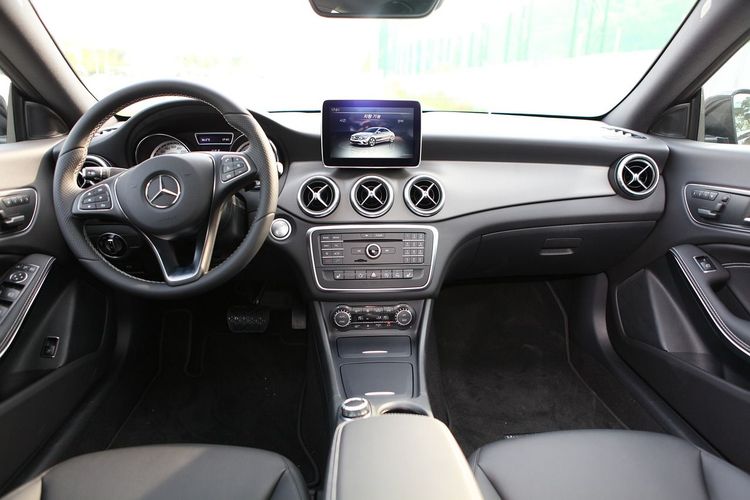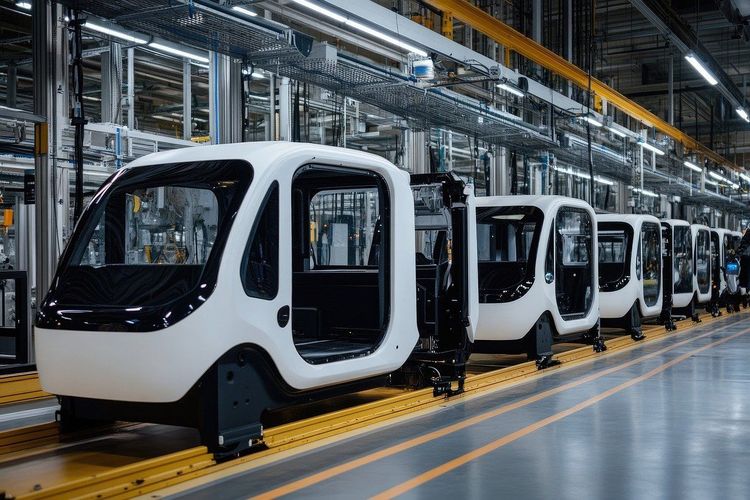Are General-Purpose Humanoid Robots the Future? Bill Gates Shares His Belief!
Most people like

Introducing our AI-powered platform designed specifically for enterprise spend risk management. Streamline your financial oversight with advanced analytics and proactive risk mitigation, ensuring that your organization effectively manages expenditures while safeguarding against potential financial pitfalls. Enhance your decision-making processes and maximize profitability with our innovative solution tailored for today's competitive business landscape.

Introducing the Spicy NSFW Character AI Chat Platform: Immerse yourself in an engaging and playful environment where adult-themed characters come to life through advanced AI technology. Connect with an array of personalities as you explore stimulating conversations and unique scenarios tailored to your preferences. Experience an exciting blend of fantasy and interaction, all while enjoying a safe and user-friendly space. Join today and discover the thrilling possibilities!

Unlock the potential of an AI text generator designed to produce a wide range of high-quality content. Whether you need engaging articles, captivating blog posts, or informative product descriptions, this tool enhances your writing process. Discover how this innovative technology can elevate your content creation and streamline your workflow.
Find AI tools in YBX




